How Do Turing Grads Add Value for Employers?
We chatted with Alex Robinson, Director of Back-End Engineering, and Will Mitchell, Director of Front-End Engineering, to find out.

Alex and Will shared three ways a Turing grad is uniquely positioned to benefit any team.
1—Turing grads know how to work with other people.
Turing grads have collaboration at their core. As Alex says, “Turing puts a lot of emphasis on learning how to develop software. We don't just focus on teaching a programming language or framework; rather, we help students develop problem-solving, collaboration, and communication skills so that they can build wonderful things together with other humans. These types of skills are much harder to gain and allow our students to really excel within software development teams.”
Will seconds that. “Software in the real world is built by groups of people, not individuals. The most important skill is knowing how to work with other people to build a collaborative project. Code is not very difficult once you know what you are doing, people are always the most complicated.” Since the entire Turing curriculum is grounded in project-based learning, students are immersed in real-world projects from the very start—culminating in a capstone collaboration between Front and Back End engineers at the program’s end.
2—Turing grads have proven problem-solving skills.
Turing grads have a methodical approach to breaking down a problem and identifying what they know and don't know. Try. Reflect. Iterate. “Equipped with these types of skills, students are able to jump into software development teams and pick up new tech stacks that they haven't been previously exposed to,” Alex says.
Will continues, “As a lead developer hiring a junior developer, what you are hiring them for is not the skills they currently have, but what they will grow into. The specific technologies are the vessels. Our students know how to learn whatever the technology is so it doesn't preclude them from immediately starting at a tech company that is totally different.” This inherent framework for learning also means they don't need as much handholding from the more senior developers on the team in order to make progress. Compared to many other junior developers, Turing students are able to work fairly autonomously and add value to their teams in a surprisingly short amount of time.
3—Turing grads find ways to help make their teams more inclusive.
Turing grads understand the importance of seeking out and valuing perspectives that are different from their own. “We focus on helping students connect who they are as whole people to their career as software developers. We spend time talking about the challenges in the industry and how they can help their teams and products in the future be more inclusive and beneficial for everyone, regardless of their identity,” Alex says. This helps them be more empathetic to both other developers and end users.

